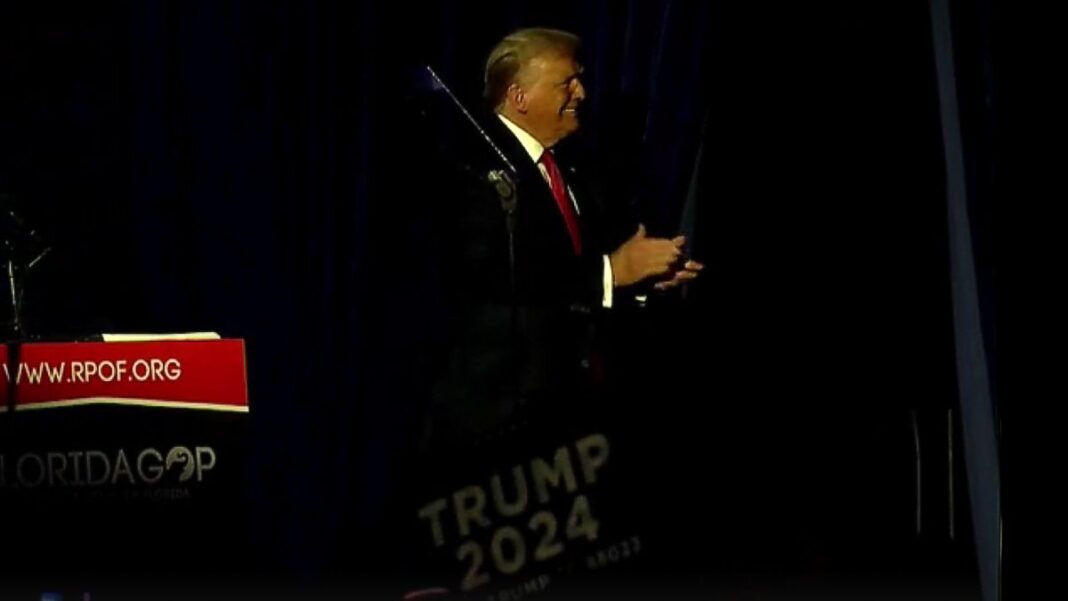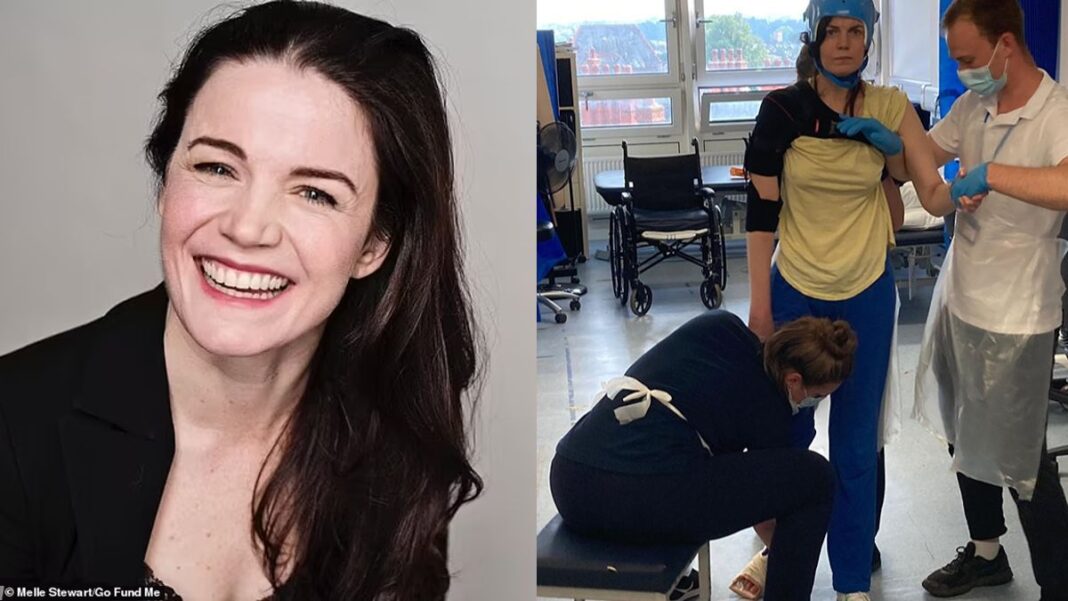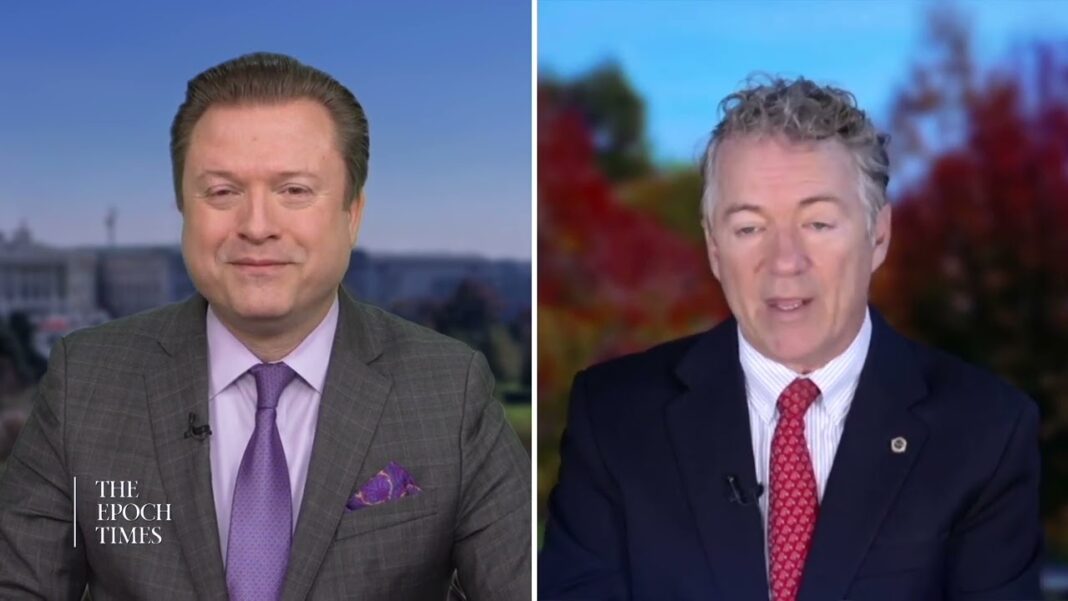Michigan rejected efforts to remove the former president from the ballot under the 14th Amendment.
A Michigan judge echoed the Minnesota Supreme Court’s recent decision that 14th Amendment challenges to keep former President Donald Trump off the state primary ballot as he seeks reelection are premature.
Michigan Court of Claims Judge James Robert Redford wrote on Tuesday that “plaintiffs cannot show that they are entitled to a declaratory judgment,” because Michigan state law requires the secretary of state to put major candidates identified in the media on the primary ballot. Yesterday, Michigan Secretary of State Jocelyn Benson did just that, including President Trump on the list.
The judge’s new order addresses three separate cases—one brought by a local advocate, another by Free Speech for People representing a handful of local voters, and one brought by President Trump. All three were petitions against Ms. Benson, arguing over whether her office had the authority to disqualify candidates from presidential primary ballots, and whether President Trump was disqualified under Section 3 of the 14th Amendment.
The 14th Amendment grants citizenship and equal rights to all people born or naturalized in the United States. Ratified after the Civil War, it also included a section that prohibited those who had participated in “rebellions” or “insurrections” against the nation from holding office.
Such challenges have been brought in more than a dozen states, and several have already dismissed similar cases.
Steven Cheung, Trump Campaign spokesman, stated that Michigan joins Minnesota, New Hampshire, and South Carolina in dismissing these claims.
“Each and every one of these ridiculous cases has LOST because they are all un-Constitutional left-wing fantasies orchestrated by monied allies of the Biden campaign seeking to turn the election over to the courts and deny the American people the right to choose their next president,” he stated, adding that they expect additional dismissals to similar cases.
Meanwhile, plaintiffs in the other two cases released a joint statement announcing their intention to appeal the decision in the Michigan Court of Appeals and Michigan Supreme Court.







